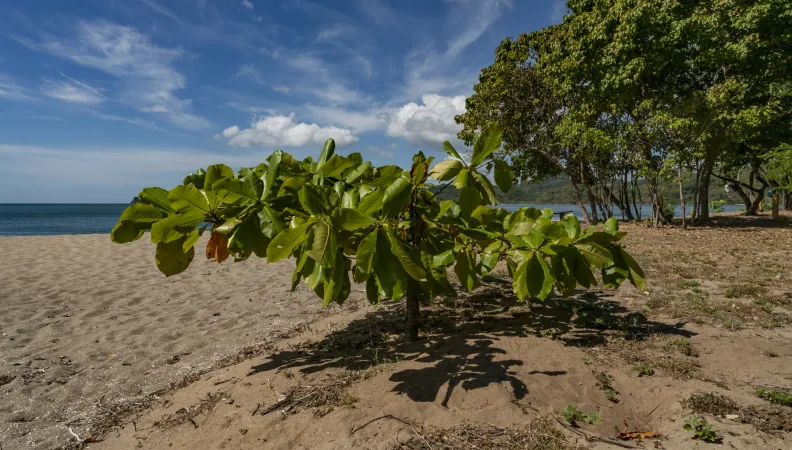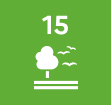Share the page
Restoring nature and promoting sustainable agriculture with the communities of Costa Rica (Tempisque REGENERA)
Project


-
Project start date
-
Status
In progress
-
Estimated date of project termination
-
-
Project financing date
-
-
Financing duration
-
4 years
-
Type of program
-
FFEM
-
Global financing amount
-
3 600 200 €
-
FFEM financing amount
-
1 800 000 €
-
Project lead member institution(s)
-
AFD
-
Type of financing
-
Partners
-
ACRXS, ACAT, ACT, MAG, HIDROCEC
-
Beneficiaries
-
Costa Rica Por Siempre Association (ACRXS)
-
Type of beneficiary
-
NGO, Foundation




The project aims to implement a pilot model for the development of sustainable agro-landscapes through participatory management in the lower basin of the Tempisque River and the inner part of the Gulf of Nicoya, as part of the implementation of the agri-food agendaenvironmental and the initiative for sustainable agro-landscapes (IAPS) of Costa Rica.
Context
In 2021, Costa Rica formalizes the Agro-Environmental Agenda, a joint initiative of the Ministries of Agriculture (MAG) and Environment (MINAE). In this context, the Sustainable Agro-Landscapes Initiative (IAPS), launched by the current government (2022-2026), aims to promote sustainable, resilient and carbon-neutral agro-landscapes. The entirety of the activities allows to "REGENERATE" biodiversity, ecosystem services and implement sustainable economic opportunities
Description
- Implement a pilot model of sustainable agro-landscapes in the lower basin of the Tempisque River and the Gulf of Nicoya, in connection with the agri-environmental agenda of Costa Rica.
- Strengthen and harmonize territorial coordination mechanisms between local actors for shared governance of territories.
- Promote sustainable productive practices that restore biodiversity, improve ecosystem services and foster ecological connectivity.
- Transforming agricultural production systems to combine economic performance, environmental sustainability and social inclusion.
- Centralize and enhance existing information systems to ensure integrated knowledge management and better decision-making.
Outcomes
- Implement territorial actions aligned with the Agro-Environmental Agenda and the Sustainable Agrolandscapes Initiative (SIAP) through structured and coordinated governance mechanisms.
- Strengthen ecological and economic resilience by adopting sustainable production practices that preserve biodiversity and improve ecosystem connectivity.
- Make available and usable the information and data resulting from the implementation and monitoring of the agro-environmental agenda and the IAPS for local actors.
Innovative and exemplary features
The project constitutes an innovative pilot for the implementation of the agro-environmental agenda and the Sustainable Agrolandscapes Initiative (SIAP), two pioneering management tools in the region. It marks a major political breakthrough by establishing an unprecedented collaboration between the Ministry of Agriculture (MAG) and the National System of Conservation Areas (SINAC), thus bringing together the sectors of agriculture and conservation. Its innovative character is also evident in the local coordination mechanisms, which bring together private actors, public institutions and volunteers, ensuring the sustainability and territorial anchoring of actions. Finally, the project aims to transform mentalities and practices by fully integrating the principles of the agro-environmental agenda and IAPS into local dynamics.
Sustainable Development Goals
ODD12 Responsible consumption and production

ODD13 Climate action

ODD15 Life on land

ODD17 Partnerships for the goals



